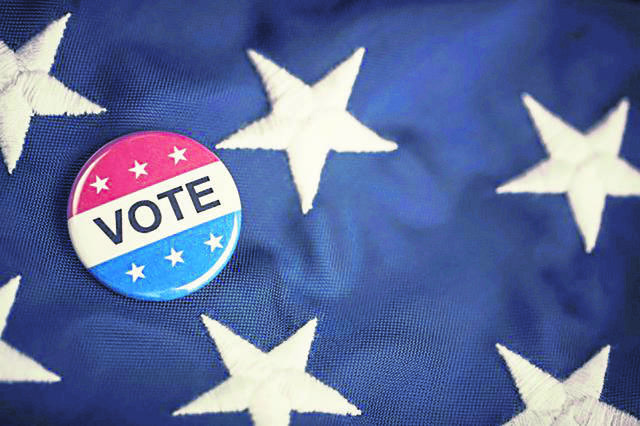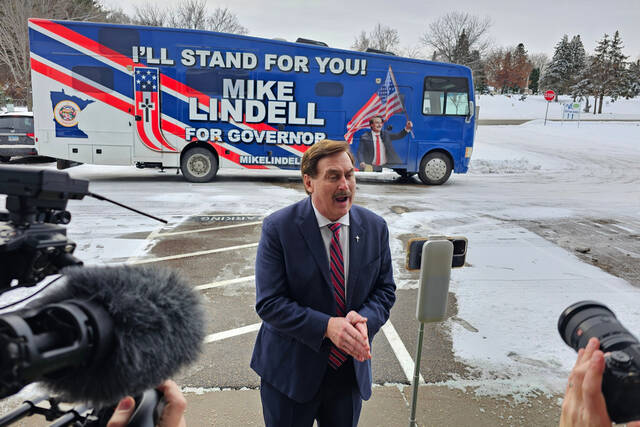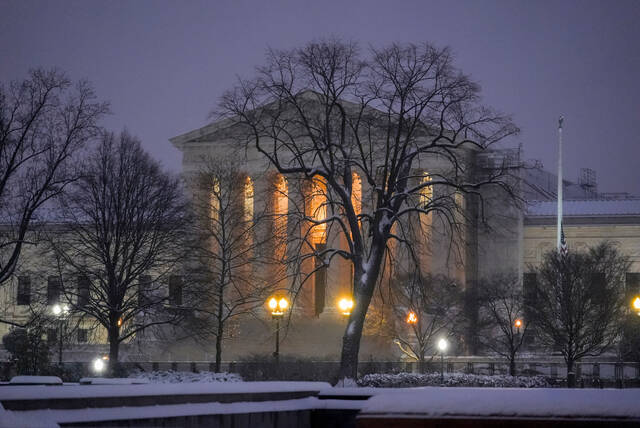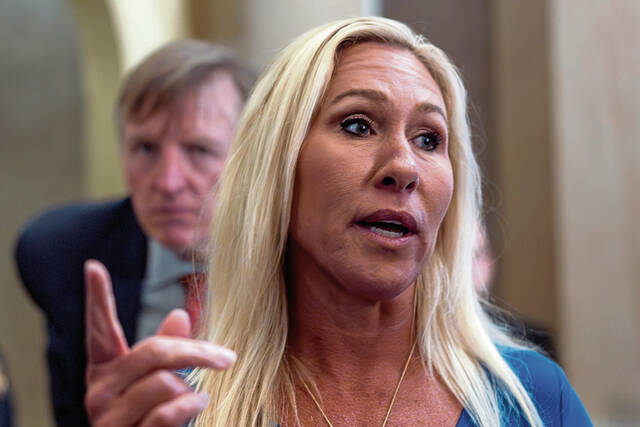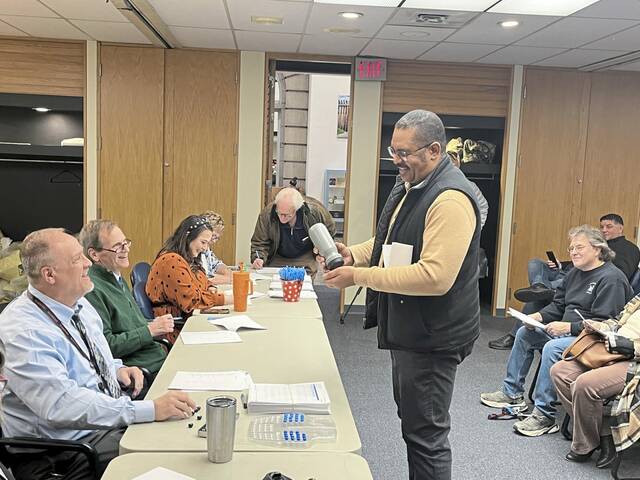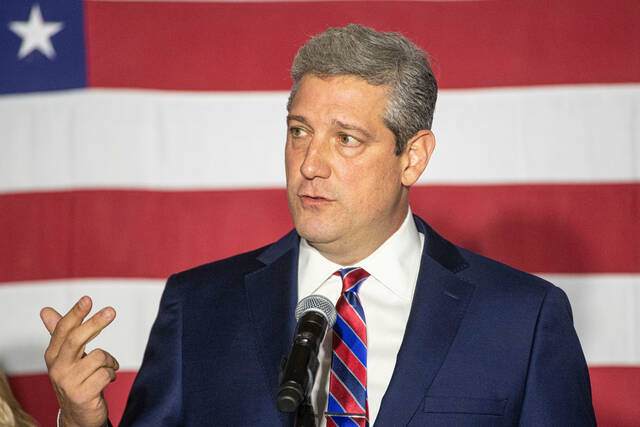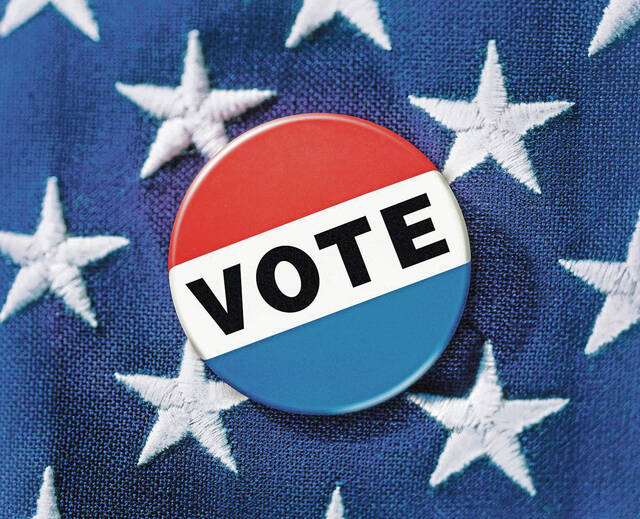With the Pennsylvania primary three weeks away, researchers at the University of Pittsburgh’s Institute for Cyber Law, Policy and Security say the state must begin planning immediately for secure balloting in the Nov. 3 presidential election.
“Bold action is needed on nearly every front here in Pennsylvania, in the United States and around the world. … A hotly contested presidential election, unsterilized machines, short-staffed polling places and crowds of voters and poll workers in close quarters could all contribute to the spread of coronavirus and undermine orderly election administration,” according to a new report from the Pitt Institute.
Institute Policy Director Christopher Deluzio said any election action plan for November should include mailing every registered voter an application for a mail-in ballot for the general election. The new report recommended adopting plans to provide safe polling places, recruiting poll workers from local colleges or groups that are at least risk for infection and planning for voter education.
Although Pennsylvania was able to easily move the primary election from April 28 to June 2 to protect public health in the midst of the coronavirus pandemic, there are no easy options should the pandemic threat fail to abate by Nov. 3, Deluzio said.
He dismissed a flurry of speculation prompted by comments made by White House adviser Jared Kushner, President Donald Trump’s son-in-law, to Time magazine that he could not rule out pushing back the November election.
“There is no mechanism for the president to change the date of the election in November, absent action from Congress,” Deluzio said.
Pitt Institute researchers dismissed claims that mail-in balloting would give either party an advantage or increase the potential for fraud.
“The evidence simply does not support that,” DeLuzio said, pointing to studies by researchers at Stanford University and the Brennan Center for Justice. Both studies concluded that there was no increase in fraud or political advantage in states that have long had mail-in voting.
The Pitt report cautioned states against looking to online voting to resolve public health concerns.
“It is not secure and there is potential for fraud there,” Deluzio said.
He estimated it would cost Pennsylvania about $55 million more to send every voter a ballot application for the November election, mail out ballots with return postage and then tabulate them.
Allegheny County has already taken that advice to heart, recently moving to send every registered voter an application for a mail-in ballot for the primary.
This is the first year Pennsylvania voters have had the option of mail-in voting.
Gov. Tom Wolf has encouraged voters with health concerns to consider mail-in balloting in the June 2 primary.
Voters have until Tuesday, May 26, to request a mail-in ballot at VotesPA.com and until 8 p.m. June 2 to return ballots to their county election bureau.
State records that show about a million Pennsylvanians applying for mail-in ballots suggested that fear of infection at the polling places is driving many to become early adopters of the new option.
Even counties that have made no effort to promote it have seen a surge in mail-in voting.
Westmoreland County Commissioners’ Chairman Sean Kertes said the county already has had to increase staffing to deal with the volume of mail-in ballots arriving daily at the courthouse. Then there are concerns about keeping mail-in ballots secure and providing staff and space for the Election Day count.
“It’s a very tedious process,” Kertes said. “It all comes down to more staffing, security and space.”
Deluzio said the Institute’s recommendations may well increase costs.
“Yet the cost to our democracy of inaction would be far greater. The political division resulting from an election seen as illegitimate due to disenfranchisement or excessively low turnout — or both — must be avoided,” the Institute report concluded.


